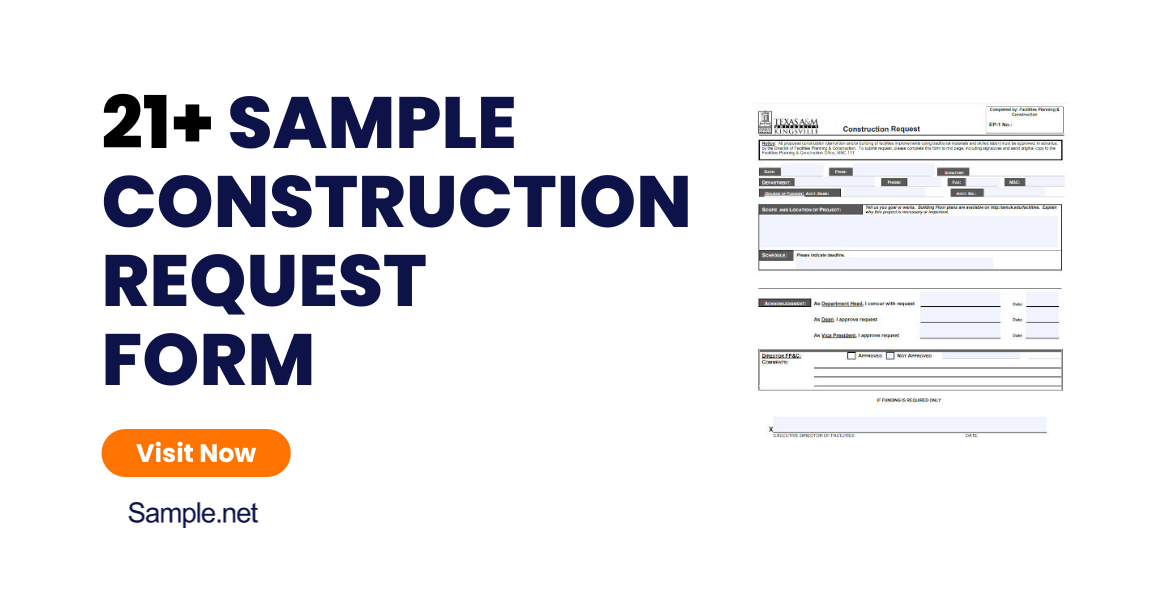Welcome to our Construction Request Form Your Gateway to Seamless Building Projects. Whether you're planning a residential renovation or a commercial construction venture, our user-friendly request form simplifies the…
continue reading49+ Sample Limited Power of Attorney Forms
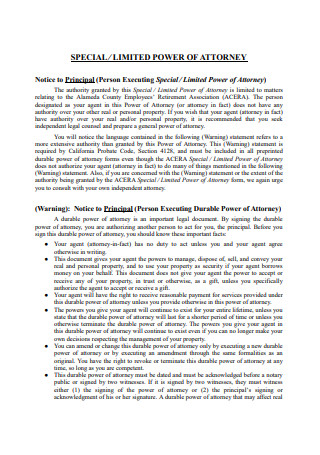
Limited Power of Attorney
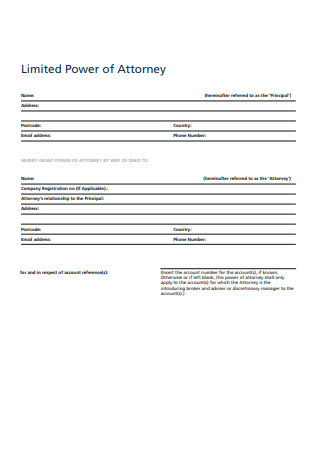
Sample Limited Power of Attorney
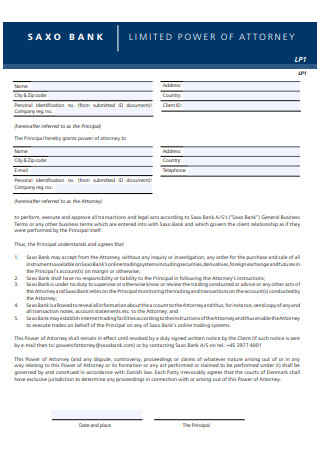
Limited Power of Attorney Form
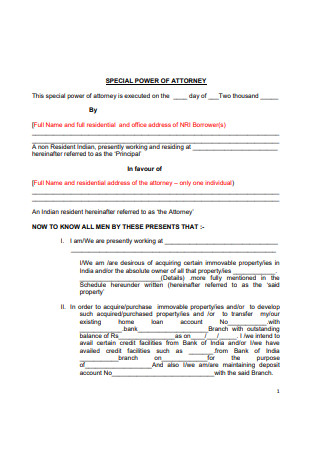
Special Power of Attorney
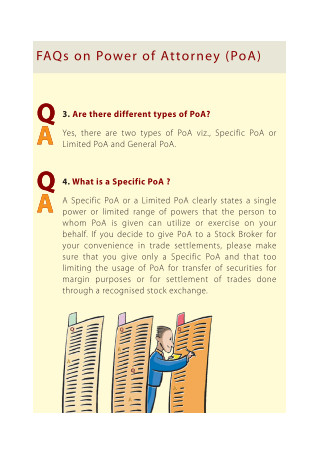
Limited Power of Attorney Format
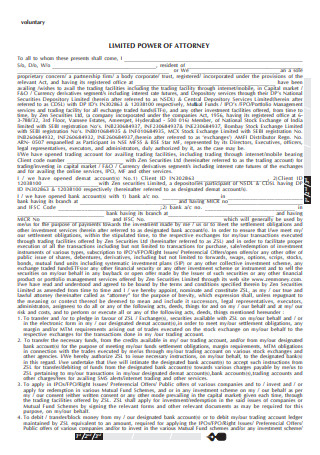
Voluntary Limited Power of Attorney
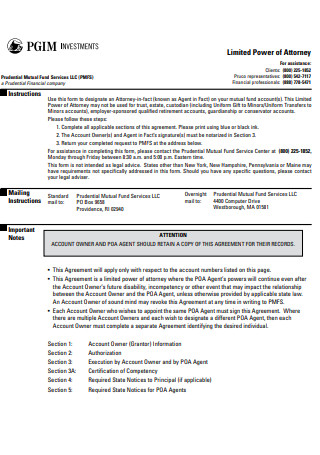
Investments Limited Power of Attorney
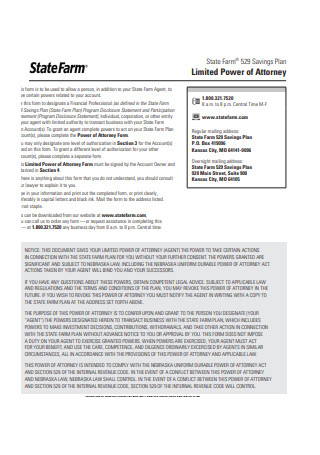
Farm Limited Power of Attorney
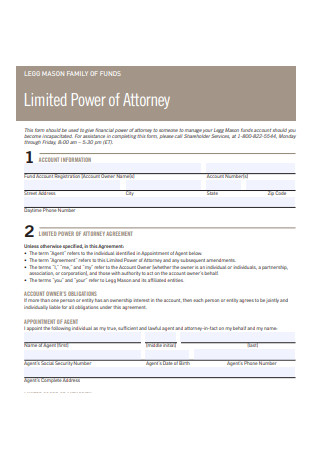
Family Funds Limited Power of Attorney
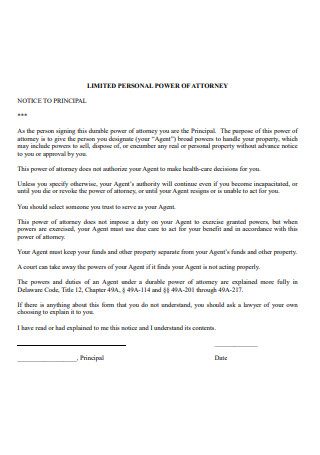
Limited Personal Power of Attorney
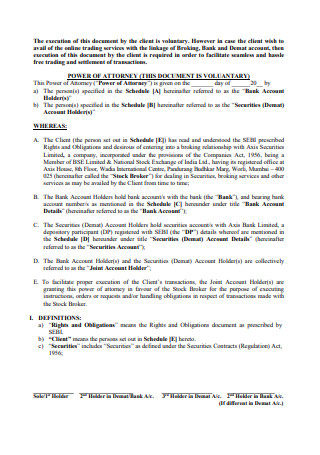
Limited Power of Attorney Example
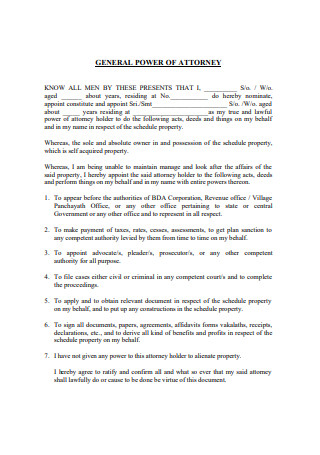
General Limited Power of Attorney
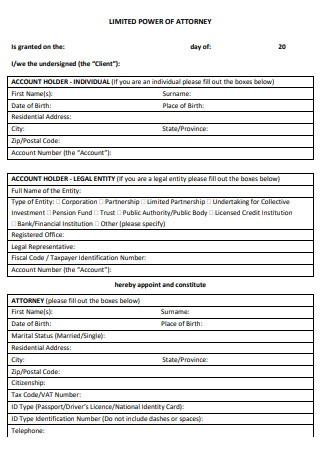
Client Limited Power of Attorney
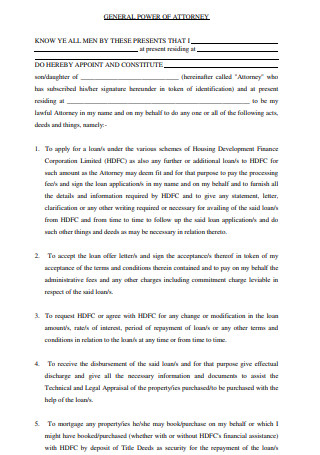
Basic General Limited Power of Attorney
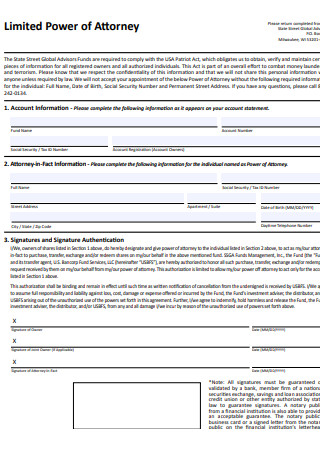
Standard Limited Power of Attorney
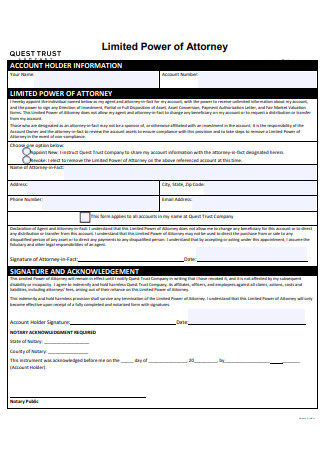
Trust Limited Power of Attorney
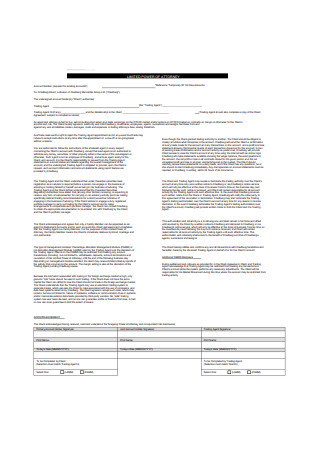
Direct Limited Power of Attorney
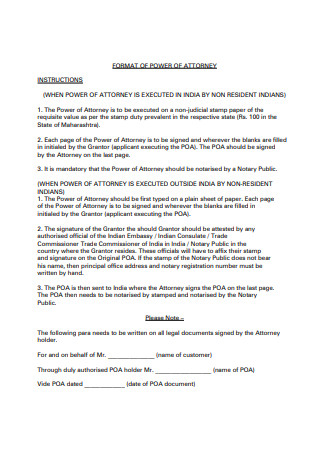
Format of Limited Power of Attorney
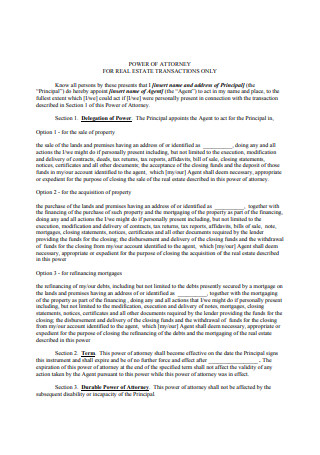
Limited Power of Attorney for Real Estate
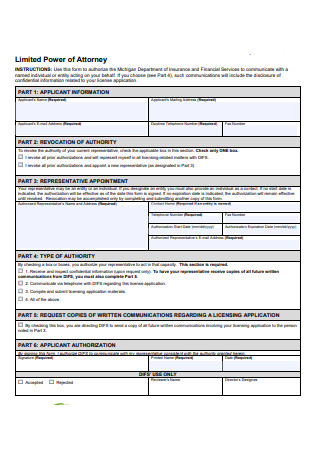
Simple Limited Power of Attorney
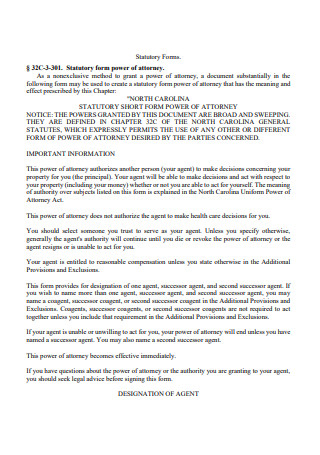
Statutory Form Power of Attorney
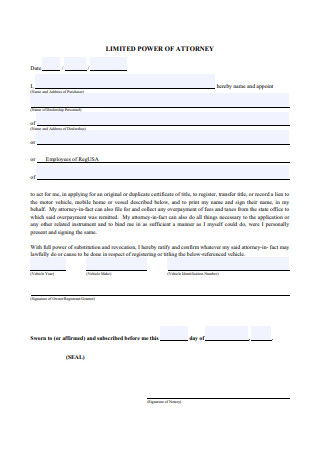
Printable Limited Power of Attorney
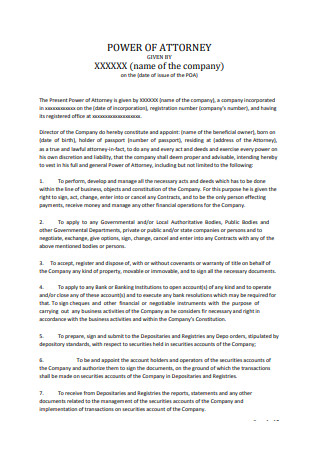
Company Limited Power of Attorney
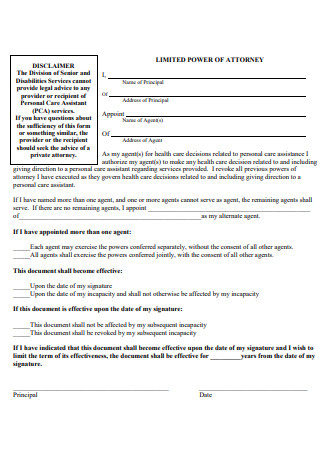
Agent Limited Power of Attorney
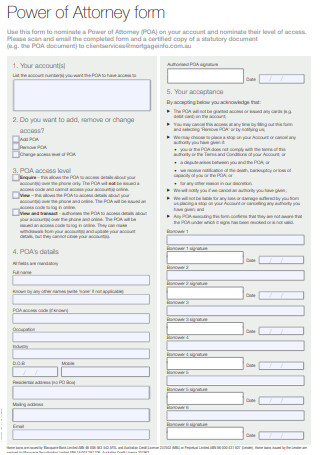
Power of Attorney form
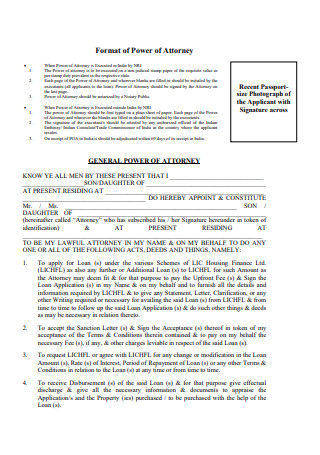
General Limited Power of Attorney Format
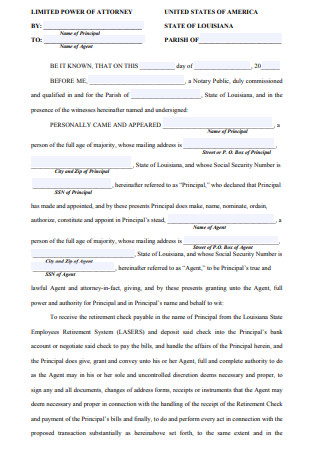
Free Limited Power of Attorney
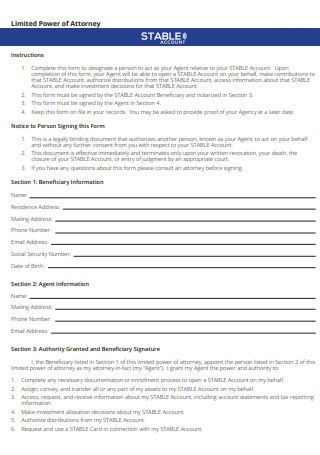
Information of Limited Power of Attorney
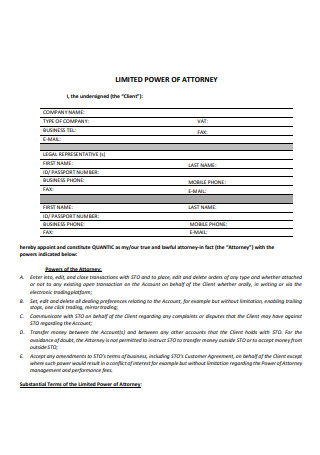
Sample Company Limited Power of Attorney
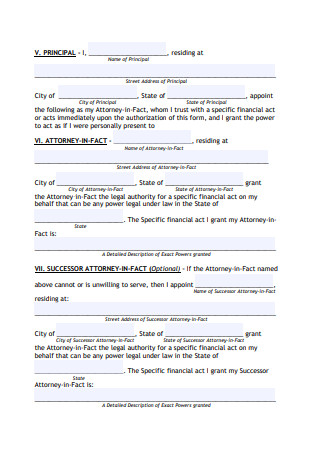
Official Limited Power of Attorney
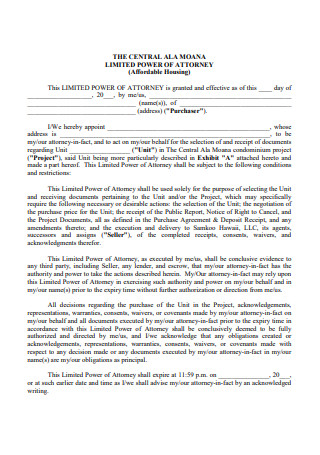
Housing Limited Power of Attorney
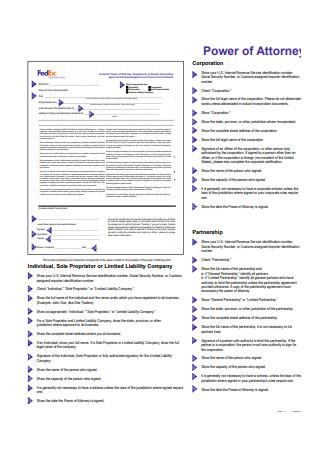
Customs Limited Power of Attorney
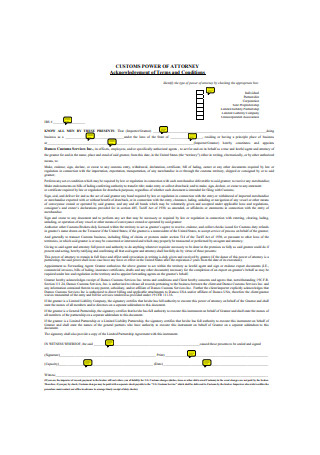
Customs Power of Attorney
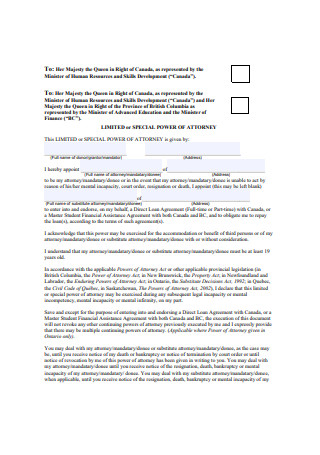
Limited or Special Power of Attorney
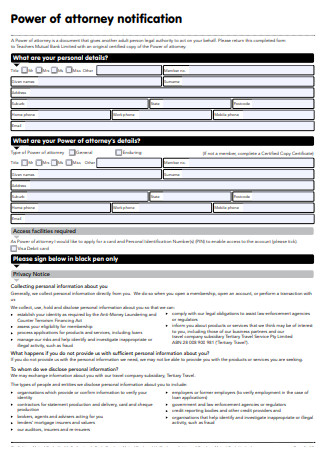
Power of attorney notification
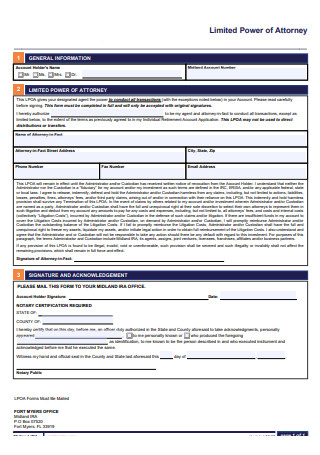
Professional Limited Power of Attorney
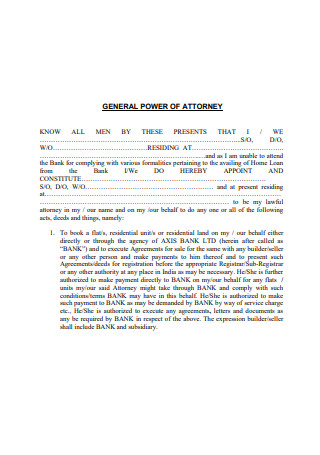
General Power of Attorney
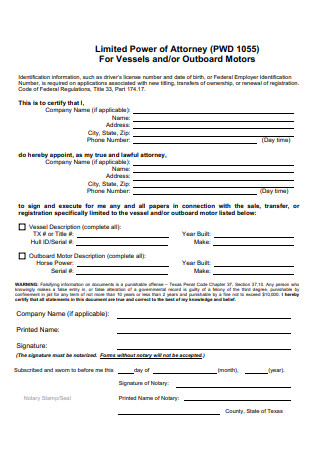
Limited Power of Attorney For Vessels
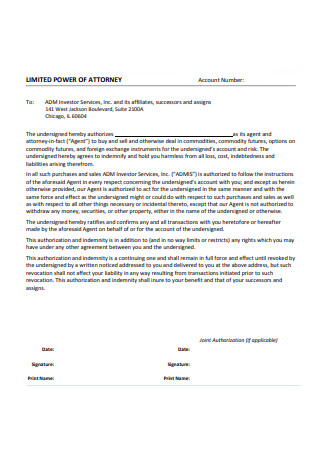
Authorizes Limited Power of Attorney
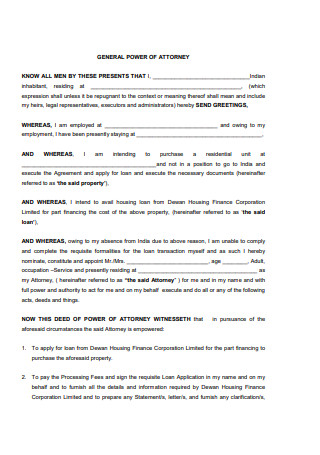
Standard General Power of Attorney
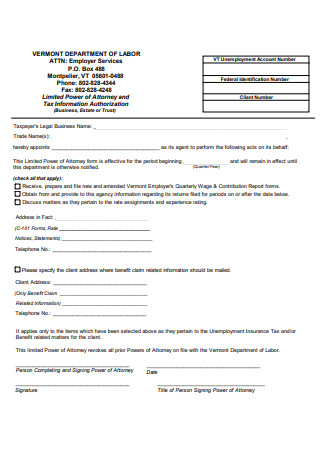
Department of Limited Power of Attorney
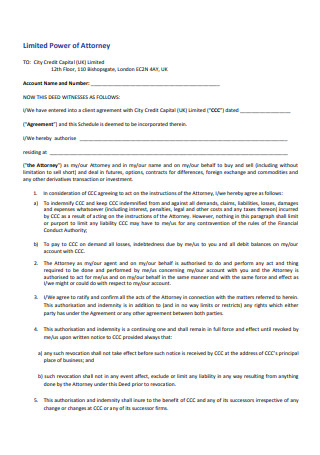
Capital Limited Power of Attorney
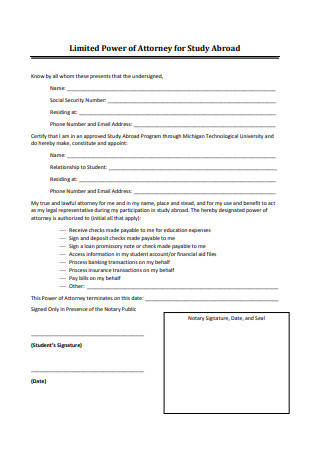
Limited Power of Attorney for Study Abroad
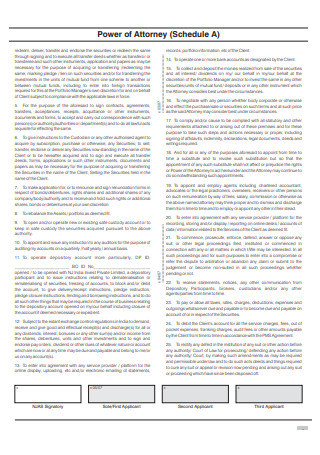
Power of Attorney Schedule
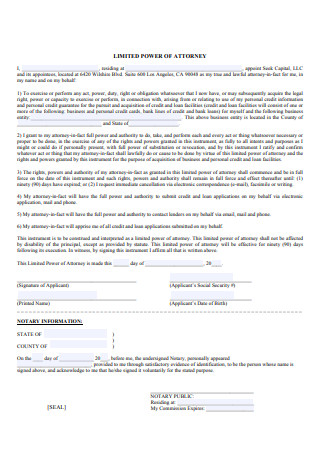
Notary Limited Power of Attorney
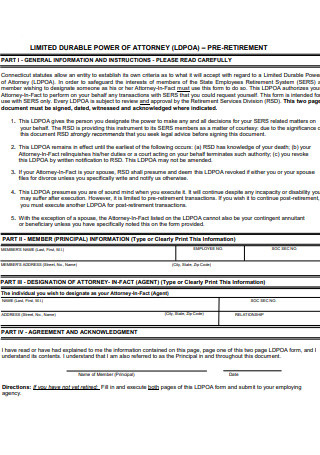
Durable Limited Power of Attorney
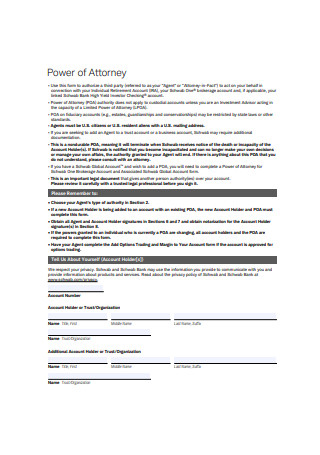
Authority Limited Power of Attorney
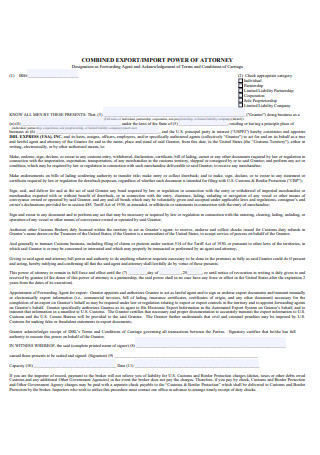
Combined Limited Power of Attorney
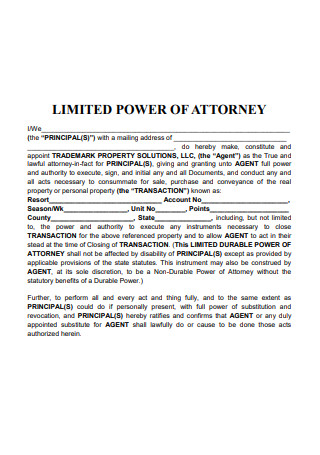
Sample Durable Limited Power of Attorney
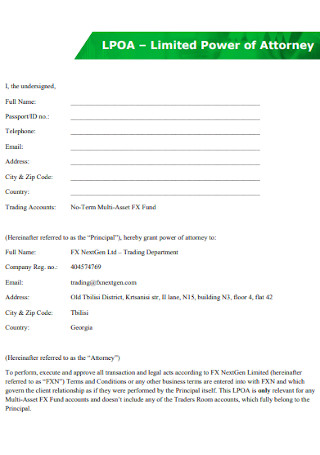
Free Limited Power of Attorney Example
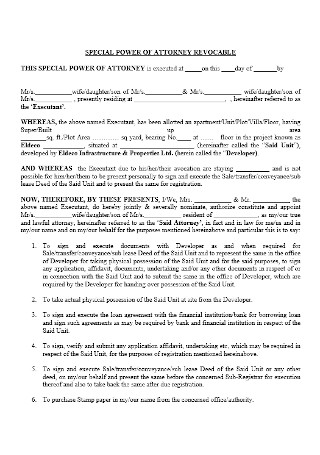
Special Power Attorney Forms
download now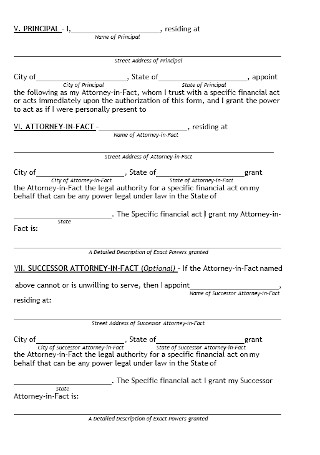
Sample Limited Power of Attorney Forms
download now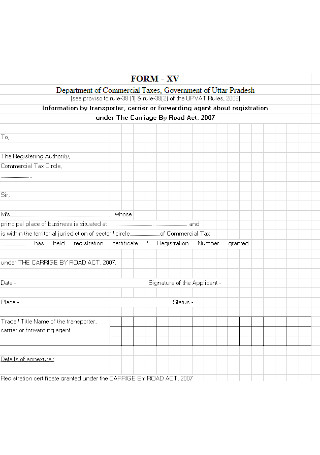
Formal Power of Attorney Form
download now
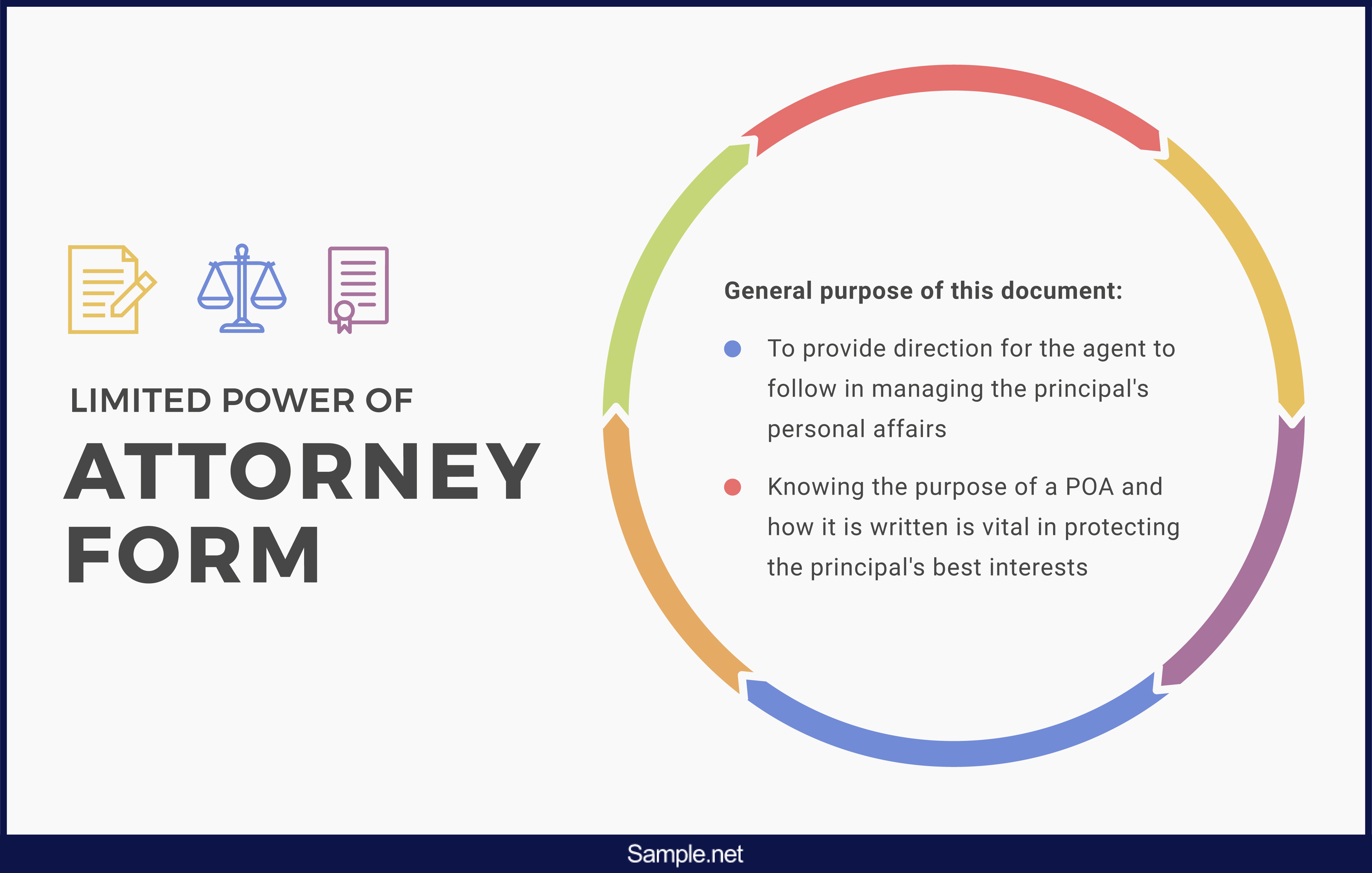
“Older Americans lose at least $2.9 billion annually from financial abuse of all kinds.” (Source: MarketWatch)
“An estimated 55 percent of elder financial abuse is committed by family members, caregivers, and friends, some with POAs.” (Source: AARP)
What Is a Limited Power of Attorney?
A limited power of attorney is a type of POA that defines the authority the agent will have under specific terms. It lists all the matters for which the agent is granted, which includes making decisions, signing documents, filing taxes, claiming an inheritance, and giving instructions. However, from the term itself, a limited power of attorney restricts an agent’s actions to a certain degree. This document clearly identifies the specific transaction the agent is allowed to do under a particular circumstance. For example, you have agreed to sell your car. The buyer decides to pick it up and pay for it next week, but you can’t be there due to a business trip overseas. You could execute a power of attorney to grant your secretary or spouse the authority to sign the bill of sale and continue with the transfer. Your agent in the POA will also have the right to accept the payment from the buyer.
The purpose of a limited power of attorney is to have someone as “second in command” in case you become incapacitated to make important business decisions on your own. However, even the most physically or mentally capable people can appoint a professional to represent them during certain situations. This is done to spare oneself from the burden of making decisions on a matter that they lack the knowledge or experience for.
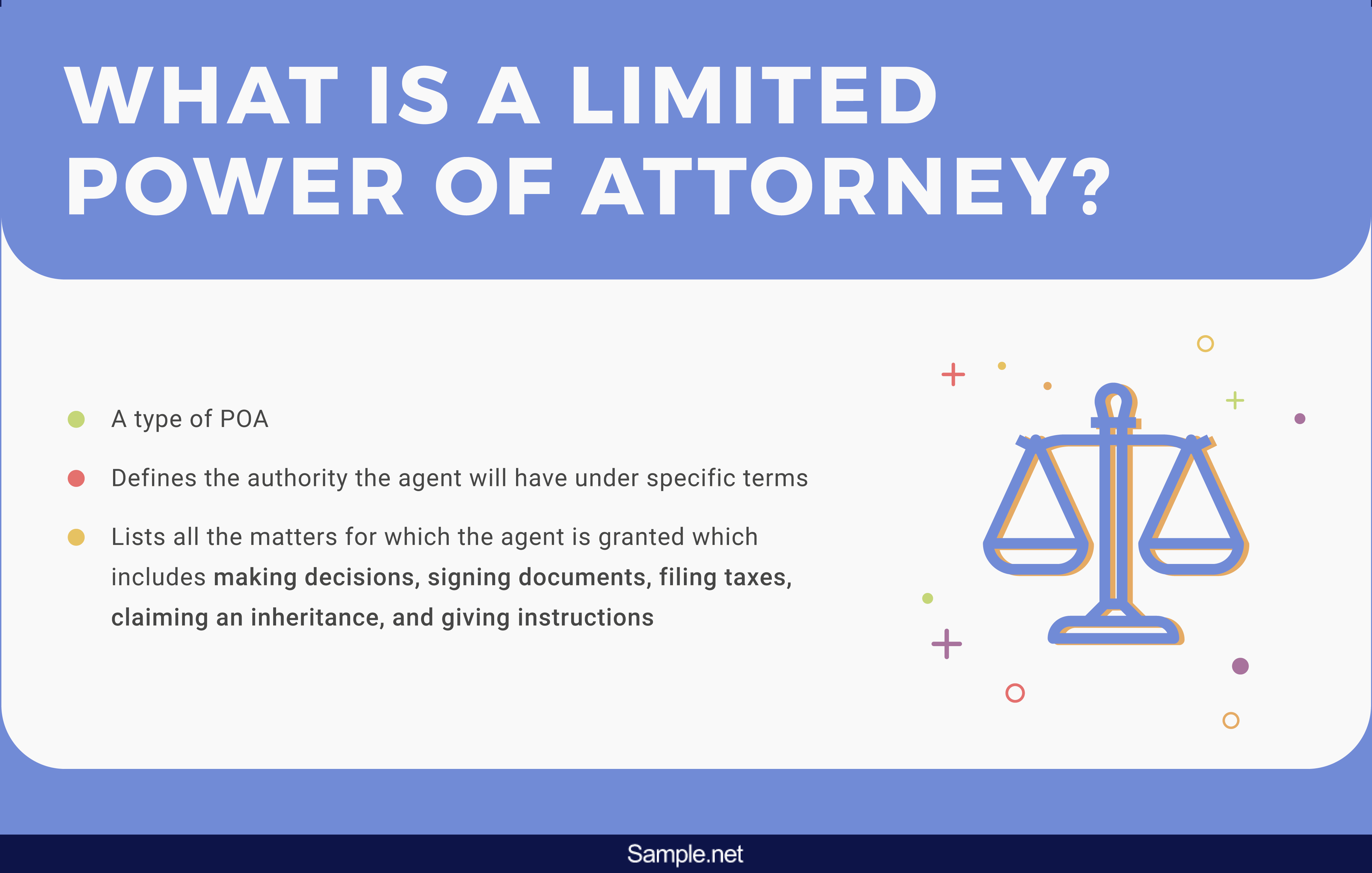
How to Create a Limited Power of Attorney
A well-defined limited power of attorney allows one person to act in place of another effectively. Signing the document would give the other person the right to perform legal acts on your behalf. But because these legal documents can bind two parties to an agreement, the exact decisions granted to the agent must be defined clearly in the final form. To find out how you can draft a limited power of attorney and minimize legal risks, refer to the steps below.
Step 1: Download a Limited Power of Attorney Form
Look for the power of attorney template that you can download. You can find many of the legal agreements in a “fill-in-the-blanks” form for easy writing. See to it that the POA complements the forms offered by your local government, as some states do have strict policies regarding the structure and format of the POA. Filling out the form should also be done in accordance with state requirements, so be sure to keep this in mind. Once you have the file on your computer, you can now edit the document to suit your case.
Step 2: Appoint and Discuss Matters with an Agent
As you begin drafting the power of attorney, you might already have a person you want to appoint as your agent. This person must be qualified to handle certain affairs on their own. It doesn’t always need to be a close family member or friend, as industry professionals or legal experts can also be designated for the role. Choose wisely, as you don’t want someone incompetent to make decisions that could put your health or financial assets at risk. The nature of the powers you grant may even bind you to legal obligations that are crucial to your name. So before you name your appointee, make sure that the agent you have chosen consents to the responsibilities accorded to him or her. You can then list the full names and current addresses of the parties bound to the arrangement for proper identification.
Step 3: Detail the Powers Granted to the Agent
The scope of a limited power of attorney typically covers a single field of activity that the agent might specialize in. For instance, personalities in the entertainment industry often sign a power of attorney to provide their business manager and handler the right to decide important matters on their behalf. Considering the long hours spent to meet the expectations of the job, it’s only natural to hire somebody who could take care of your accounts as you focus on your obligations. But without a limited power of attorney, one could quickly lose all their fortune from simply giving the person, who they thought they could trust, the power to control the money in their accounts. Thus, the scope and limitations of the power granted must be defined explicitly in the agreement.
Step 4: Indicate the Beginning and End Dates for the Authority
Another key element of a limited power of attorney is the term or time frame for when the limited powers are delegated. It can be a temporary or a permanent arrangement, depending on the nature of the actions being granted. Some POAs are only valid for as briefly as a day or a weekend, while others can last for several years. In certain states, a power of attorney is automatically effective upon signing it. It is also possible for the power of attorney to expire once the action had already been completed, or if the agent is found incapable of executing the defined actions due to an accident or illness.
Step 5: Sign and Date the Form
Finally, express your agreement to be bonded by the terms of the POA by signing and dating the form. Once the form is officially signed by both parties, the principal is legally granting the agent to perform the actions specified in the document. It’s best to sign the limited power of attorney in the presence of a notary public. Having witnesses present during the signing is crucial in handling legal disputes and proving that the arrangement is legally binding. Fortunately, notarial services are available at banks and government buildings for you to inquire about. The power of attorney must always be notarized, regardless of whether or not it is required by state laws.
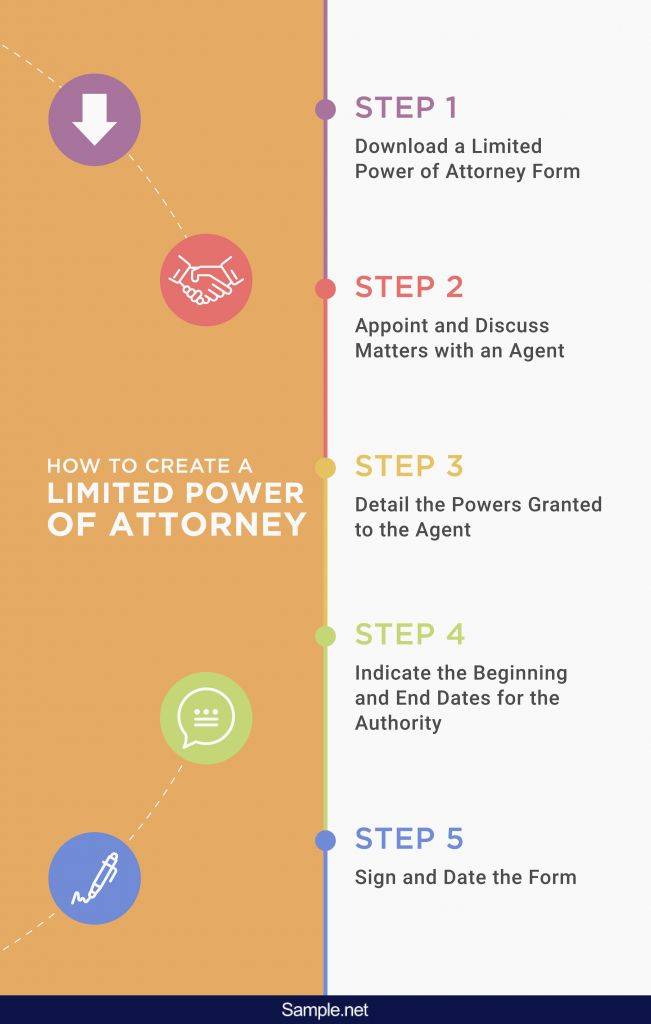
Limited Power of Attorney vs. General Power of Attorney
A power of attorney allows another person to act on your behalf when you are unable, unwilling, or incapable of doing so yourself. If the POA contains language that covers a single or few acts, then it is identified as a limited power of attorney. It describes the specific actions to be executed as well as other legal descriptions that need to be noted. It usually states an expiration date for when the agent can act for you. A general power of attorney, on the other hand, may include a wide spectrum of acts that the agent is authorized to perform on the principal’s behalf. It is less specific compared to a limited power of attorney, allowing agents to manage any or all of your transactions while you’re away.
The Dos and Don’ts for a Limited Power of Attorney
A power of attorney can be applied in various situations. Life is unpredictable, so setting plans for the future is essential to prepare yourself for the worst. Those who don’t have much experience or knowledge in the legal field will find it difficult to create a power of attorney that protects their best interest. Hence, reading on the topic and seeking professional advice is sure to be helpful. Listed below are the dos and don’ts that both principals and agents must be mindful of when writing and executing a limited power of attorney.
What to Do
1. Do choose a trustworthy agent.
Whether you’re creating a personal POA or helping a client write one, the agent of the POA must be chosen carefully. There could be quite a few loved ones to choose from, but your closest friends and immediate family members may not always be the best person for the job. You need to give this decision some serious consideration before finalizing the POA. A common choice would be your spouse or adult children.
2. Do specify the rights of the agent.
A limited power of attorney can grant the agent various rights, depending on what the principal prefers. The extent of authority given to the agent must be indicated in the document to avoid the abuse of power. The length of the arrangement, along with the terms for its termination, must also be specified clearly in the POA to keep everyone on the same page.
3. Do gather and review the principal’s important documents.
Any financial records, insurance policy, titles, wills, or the like must be made known. Ensure that a copy of these documents is secured for reference. Your lawyer, bank, financial advisor, and accountant should be aware of the POA and its terms for when it is in effect. This entitles you to receive any relevant documents that need to be managed if the principal is no longer capable of doing so.
4. Do identify any debts the principal may have.
It is possible for the principal to still have debts that need to be settled as part of an ongoing agreement. This includes monthly or yearly payments of rental fees, loans, utilities, and the like. If granted by the principal, consider canceling their credit card before credit dues begin piling up without your knowledge.
5. Do understand the revocation process.
With the exception of incapacitation, you do have the right to revoke the POA at any given time. The process of revocation must be reviewed properly so that the necessary actions can be taken as soon as an issue arises. Any changes to the power of attorney must be done appropriately to avoid problems in the future.
6. Do have a backup plan.
The person chosen as the agent of your POA may not be too keen on the responsibilities that are granted to him or her. If for some reason the individual is unwilling or unable to perform these actions, it’s a good idea to name an alternate agent just in case. Having a successor agent should help protect your assets from ill intentions. It’s also wise to allocate a POA monitor who could keep a close eye on the agent and make sure that he or she is able to follow the terms of the arrangement as agreed.
What Not to Do
1. Don’t choose an agent out of impulse.
Do not name the agent in the POA if you aren’t completely sure about your decision. Bear in mind that your first choice may not always be the best choice available. Although you can appoint virtually anyone you wish, keep in mind that the person you choose will be granted access to sensitive information and that they do have the right to make major decisions on your behalf. The person you choose as your agent should have the knowledge and capacity to satisfy the terms of the POA as necessary. Thus, be sure to put a lot of thought into your decision before signing the document.
2. Don’t manage the principal’s affairs for the benefit of anyone but the principal.
Since you are acting on the principal’s behalf, the best interests of the principal must always be your primary concern. Think about what the principal might do or say if they find themselves in the same dilemma. In many cases, this power is abused by the agent due to their selfish intentions. It’s an unfortunate turn of events considering how the principal made the grave decision to entrust a certain level of authority onto you, yet you still chose to exploit the situation in whatever way you could.
3. Don’t attempt to alter the principal’s will.
Changing any testamentary designation for whatever reason is not something you should consider doing. As mentioned, the principal’s best interest must be put first at all times. But if the situation desperately calls for the modification, be sure that your objective remains honest and true. If the principal happens to be physically and mentally capable of assessing the proposed changes, feel free to set a meeting to discuss matters with them first.
4. Don’t hesitate to seek advice.
If you need the help of an accountant or lawyer to handle certain affairs, the required fees may be settled through the principal’s assets. Some people make the mistake of handling matters alone despite not having enough knowledge to perform the action. This will likely lead to poor outcomes that could potentially cause another string of unfavorable events. Don’t think twice about asking for assistance, especially if you are doubtful about your own capacity to execute the activity. Seeking expert advice is a common situation for spouses, children, relatives, or friends who are appointed as the agent of the power of attorney, given that their knowledge in a particular field is limited to the bare minimum.
5. Don’t pressure anyone to sign.
Even if you are only permitting limited power to your agent, you can’t assume that this would be something they would want to do despite their competence to deliver. Likewise, don’t give someone the right to manage your accounts if you have your doubts about it. Don’t feel compelled to make someone your agent if the thought of it doesn’t sit well with the situation. You might think your spouse is a good choice, but perhaps your sibling could take on the responsibility more effectively. It’s best to consult with a seasoned attorney who could assist you in resolving the problem.
6. Don’t delay it.
Planning ahead is for everyone, regardless of age and health. You may not be at risk of a chronic or terminal health condition at this point in your life, but you never know when a power of attorney might come in handy. Therefore, avoid postponing the drafting process if you have the chance to start as early as possible. Anything can happen, so it’s best to have everything planned out before it’s too late.
Regardless of your reason for constructing the power of attorney, it is important to think carefully about the agent you choose and the activities that you allow. The POA must be drafted specifically for you and your needs. There are many issues to consider while identifying the scope of your POA, so try not to write the document when you are in a rush. It’s always best to speak with a legal expert prior to signing the power of attorney to evaluate whether the terms and conditions being stated fit the exact situation you are in.

